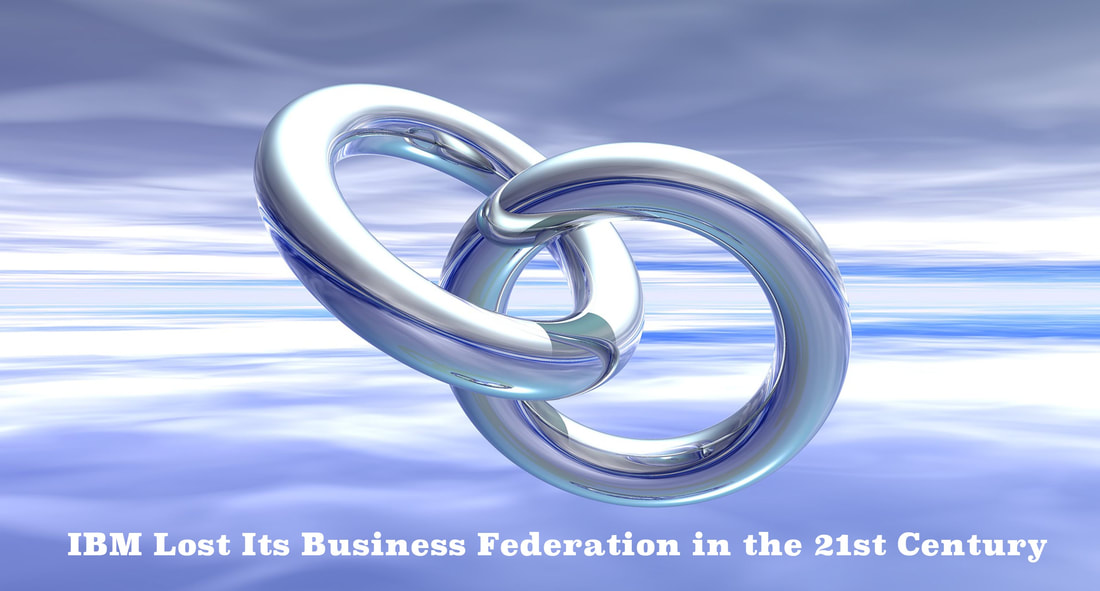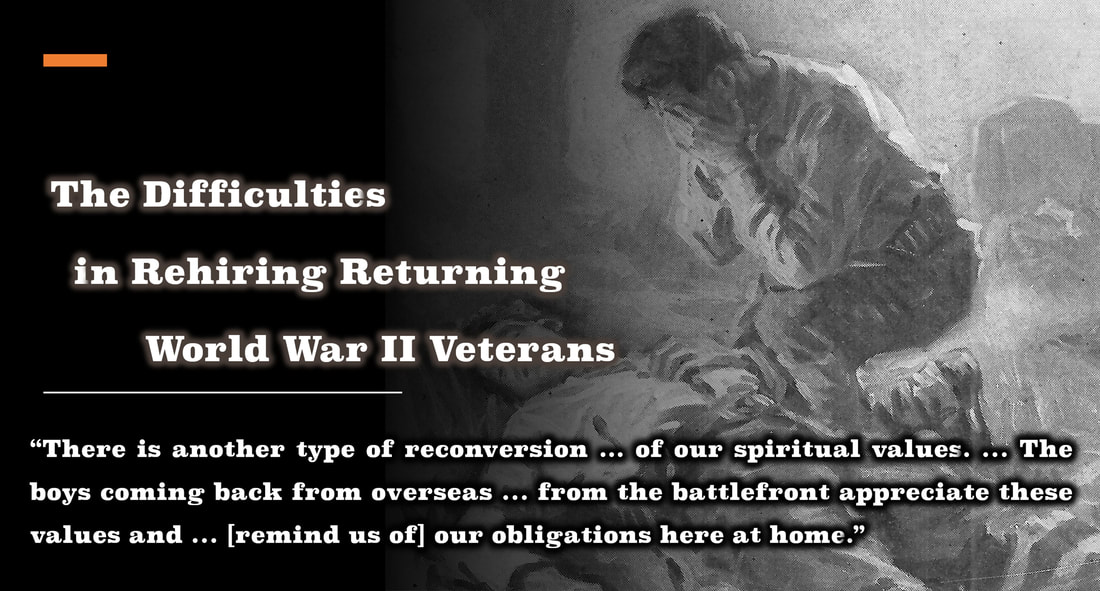Thomas J. Watson and Booker T. Washington Used Light to Dispel DarknessSome individuals it seems—by their very nature, spew darkness. Such individuals have haunted mankind since the dawn of time. Others then react—albeit with good intentions—emotionally, but their emotions energize the darkness by increasing its vastness, its loneliness, its chill and foreboding. I prefer those who hold up a candle against the darkness and befriend those who draw near. Let us light our candles together against the darkness. Peter E. Greulich “Thomas J. Watson preferred to light a candle rather than to criticize the dark.” Reverend Gannon, Fordham University Booker T. Washington talked with his Tuskegee Institute students about the type of individual who only focuses on darkness in their lives. Select the image of link below to read his thoughts from a review of his book: Building Character. If you read the entire review, you might be surprised by what the southern papers wrote of this work and of Washington’s thoughts and deeds. They were drawn to his light!
0 Comments
Abraham Lincoln Understood and Articulated the Value of a Good Book.A young clergyman while dining with Abraham Lincoln displayed a belief similar to some who read my articles. This is a short excerpt from that conversation between the two men from J. E. Gallaher, Best Lincoln Stories: Tersely Told. “Abraham Lincoln remarked how much he felt the need of reading, and what a loss it was to a man not to have grown up among books. “The clergyman replied, ‘Men of force can get on pretty well without books. They do their own thinking instead of adopting what other men think.’ “ ‘Yes,’ said Mr. Lincoln, ‘but books serve to show a man that those original thoughts of his aren’t very new, after all.’ ” Disregarding the irony of a minister questioning the value of books—the bible is a book, Abraham Lincoln captured how I feel when I read a great biography about a good man or woman. I find that many of today’s new thoughts—including my own, aren’t so original. I find my thoughts sometimes wither, sometimes change direction, or sometimes prosper anew under a spotlight that accurately unfolds a great man’s or woman’s life of achievement. The clergyman ended the passage with a straightforward statement of what seems obvious but rarely written of Mr. Lincoln: “He loved the things of the Spirit.” Select the image or link below to see a collection of biographies and other miscellaneous books from the past reviewed by this author and by others from the year of their publishing. In the 21st Century, IBM Has Lost Its Federated Business ModelThe United States and Canada are federations of states and provinces, respectively. We are friends. We are next-door neighbors. Putting cynicism—so rampant today—aside, there is no doubt that if either of our countries needed help, the one federation would rise to assist the other. It doesn’t require our two countries to sign treaties or to even shake hands; the democratic debate to come to the other’s aid would be a short one—probably just long enough to take the requisite, unifying vote to aid our brethren in liberty. This is a relationship of nations that is too unique in the world. It is a synergy not governed by fear or greed, but by a unique awareness that both our countries must be guided by a mutual and enlightened, self-interest. IBM at its strongest was also a federation—an international federation of businesses held together by a belief system of three words that encouraged a family spirit to cross international boundaries. But no longer. Select the image or link below to read the full article. The Story of How Hard It Was for IBM to Hire Back Its World War II Veterans“We have an obligation to our men and women overseas—nearly 5,000 in number—who have all been guaranteed jobs when they come home from the service of their country.” Thomas J. Watson Sr., IBM Systems Service Classes, April 9, 1945 Hiring back all its former employees upon their return from service during World War II was only the beginning for the 20th Century IBM and Tom Watson. After World War II, IBM developed job training and job adjustment programs for the handicapped. Thomas J. Watson Sr. and his shareholders implemented a policy of giving the returning veterans one- or two-weeks’ vacation between the time when they reported back to the company after the war and when they started work—a wartime to peacetime readjustment period paid for by the company. Tom Watson was also proud of the fact that the company prioritized hiring back servicemen who had not worked for the corporation. This is the story of how difficult it was to hire these veterans. Yet, IBM did it! To read the whole story select the image above or the button below. America Needs More Industrialist-Minded Chief Executive OfficersIf anyone had used the term “capitalist” in reference to Henry Ford of Ford Motor Company, he would have been offended to the point of apoplexy. Like him, most 20th Century industrialists would have wondered at an individual’s ignorant usage of the term, but all of them would have quickly corrected the person with a simple statement: "I am not a capitalist. I'm an industrialist. I building something to last.” Yet, without a doubt, the majority of Americans think of these early men of the 20th Century as exemplary "capitalists." Although exemplary, they did not think of themselves as capitalists – far from it. These individuals preferred the term and classification of "industrialist." Select the image or the icon below to read the entire article. Hiring World War II Veterans Was the Right Thing But a Hard Thing To Do.“We have an obligation to our men and women overseas—nearly 5,000 in number—who have all been guaranteed jobs when they come home from the service of their country.” Thomas J. Watson Sr., IBM Systems Service Classes, April 9, 1945 With the explosion of two atomic bombs, World War II came to an unexpectedly sudden halt. Many industrialists were not ready for this quick end. They had failed to plan to “reconvert” their industrial production from a government-funded, wartime footing back to a consumer-driven, peacetime economy. When discussing the “reconversion” problem, Tom Watson predicted that the biggest problem wouldn’t be in the reconversion of producing peacetime products but in the reintegration of the men and women who had served overseas. He was right. To read about the problems IBM and the country faced with re-employing millions of soldiers after World War II, select the image or the icon below. |
Peter E. GreulichPeter E. has been studying IBM and early American corporate history since his retirement in 2011. These are his thoughts and musings, and of those whose biographies and autobiographies he has read with links to articles and book reviews on this website. Contact the author directly.
|






 RSS Feed
RSS Feed